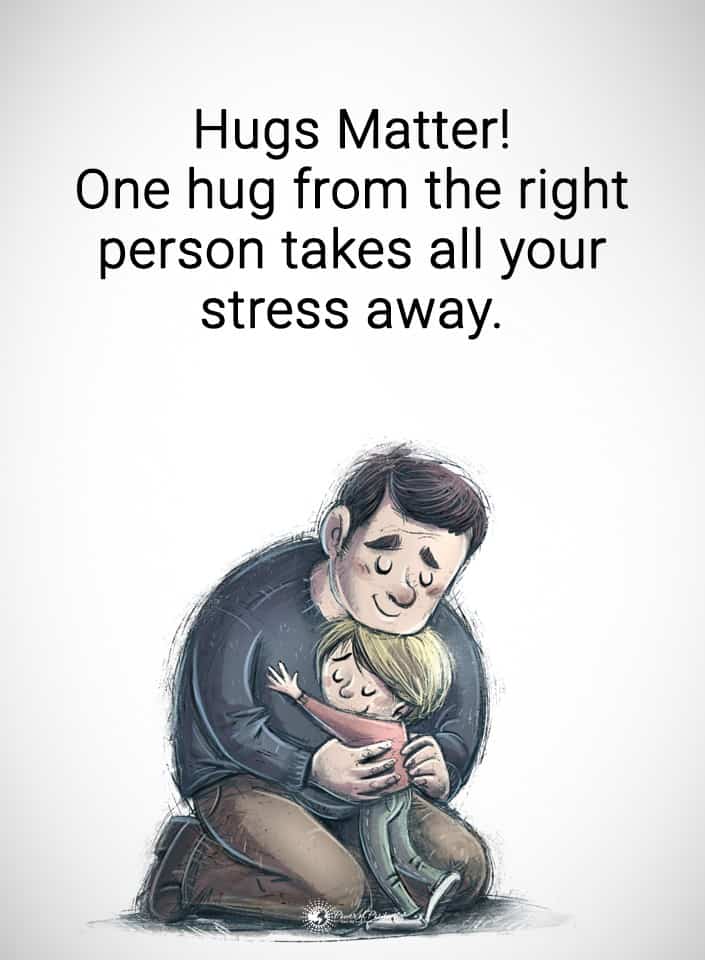Is your kid is a force to be reckoned with on the worst day? Have you ever stopped and thought about why your child might misbehave?
There are many ways that a child in which a child can act out–and at the most embarrassing moments! But have you ever wondered what is behind their poor behavior? In most instances, there’s a reason why a child is acting out. Did you know medical conditions such as ADHD can make a kid appear off the chain?
What if the child is crying out for help? Teachers often experience this more than anyone. They have a classroom full of students that come from a wide range of backgrounds with various needs.
According to Resilient Educators, teachers must have a wide range of coping strategies, and what works for one child doesn’t always work for the other. According to the United States Department of Education Office For Civil Rights, children who suffer from either learning and behavioral disabilities are more likely to be suspended than their peers. Additionally, these children are three times more likely to be incarcerated for making poor choices during adulthood.
So, what if the obnoxious child in the classroom is being overstimulated by lights, sounds, and the atmosphere because they have a processing disorder? It certainly changes things dramatically from a child who is misbehaving to one who needs help.
Eleven Common Reasons Why Kids Misbehave
Not all children misbehave because of ADHD or another medical issue; some do it for the sheer attention these behaviors bring. Here is a list of the common reasons why children disobey and cause disruptions.
1. Testing Limits
Boundaries are healthy for children to have in life. However, there are always those kids that want to push the limits. Don’t judge them too harshly, as they may be running a corporation or create a product the world can’t live without one day.
Consequently, some children always want to push buttons to get a rise out of you, which can be challenging to manage. So, the next time your child is aggravating you, it may be merely them trying to test their limits.
2. Showing Independence
As adults, you want to tell the world when you get a job promotion or get a new house or car. However, children do the same thing. They’re constantly learning and developing new skills that help them to advance, but they don’t have the proper skills to show their independence with tact.
Your pre-teen might come across as rebellious and mouthy, but all they’re trying to show you is that they’re able to think for themselves. Kids may scream and throw a fit when you try to tie their shoes for them, especially if they want to learn this task and be able to do it for themselves.
3. Unmet Needs
If you’re hungry, you go to the refrigerator and get something to eat. If you’re cold, you grab a blanket and comfort yourself. However, younger children don’t have the vocabulary or mental capacity to tell you such things.
So, they will scream, cry, and act out of character trying to communicate with you. Unmet needs can be a big reason why children misbehave, and it’s up to parents to decode these cries for help to meet the need.
4. Big Emotions
If you’ve ever suffered from anxiety, you know that sometimes big emotions can be overwhelming. How many times have you struggled to find the right words to say how you feel? Now, imagine if you didn’t have the vocabulary and life skills behind you to communicate effectively.
Children often experience big emotions that they don’t understand. Just like the anxious person may cry, hyperventilate, and sweat, the upset child, may scream, cry, and act out because they’re trying to regulate themselves.
5. A of Lack Skills
Assume two toddlers are playing. One of the little boys has a fire engine, and the other little boy wants it. He doesn’t know how to tell the other child he wants a turn, so he takes the toy and smacks him to get it.
The child lacks skills and doesn’t know how to communicate with the other kid, so he does what has worked before. Rather than punishing the child at this moment, use it as an opportunity to teach them about sharing and instruct on how to ask nicely for something.
6. Underlying Mental Health Issues or Learning Disabilities
As discussed above, many children have underlying mental health or learning disabilities that cause them to misbehave.
Here is one such example. Did you know that kids in school with dyslexia may create a scene to get in trouble, so they’re not called on to read? These children are trying to communicate with you the best way they know, and their language must be deciphered.
7. Imitating Others
Who says adults are the only ones that are intimidating? Children can be just as fierce as you, but most of their behavior is mimicked by watching television and other adults. Be careful what your children watch when they’re on technology.
Some sites, mainly social media, are meant for an older crowd. When you allow your kids to watch things above their age, it’s only natural that they will pick up a few things they shouldn’t. For instance, how embarrassing is it when a child says a curse word in public, and you have no idea where they picked up that language?
8. Attention Seeking
Why is it that every time you get on the phone to have a conversation, your children start whining, grabbing at your pant legs, and wanting you to pay attention to them? You’re not alone, kids tend to be attention hogs, and if you’re busy with someone else, they will act out to ensure all eyes are on them.
Here’s the thing that most parents don’t understand; children want attention, whether it’s positive or negative. While they would rather you cuddle them and tell them you will buy them the moon, they will take you, sending them to their room for acting out too. They want you to pay attention to them and show them any affection.
Many times, older children will often act like a screaming toddler in the playpen. They want all eyes on them and everyone to stop what they’re doing to look at them.
9. Exerting Power and Control
Most parents have become accustomed to defiant and argumentative behavior, especially during the teenage years. A child may want to assert control over you or a situation, so they become belligerent. Some kids tend to be more verbal than others, and it’s a constant battle to balance the needs of the defiant child with the others in the household.
Don’t give in to the power struggles of these young ones. Rather, offer them choices. Shut down their defiance by telling them something like:” Would you like to do the dinner dishes now or after you’re done watching this television program?”
By choosing your words wisely, you’re giving them options and gaining control of the situation.
10. Learned Misbehavior
If your child screams and throws a fit wanting an extra cookie, and you give your child that treat. So the next time, they will know to use this tactic again to get what they want. Many times, children act out because it’s effective.
They have excellent minds that remember the smallest of details. So, when they want something and tell them no, they remember they got what they wanted last time by acting out. It would help if you didn’t give in to temper tantrums, as your child is asserting authority over you.
11. Neglect
Some kids act out because they’re trying to tell you that they need help. To the little boy in kindergarten who has been to the principal’s office 2-3 times each week, it may be that he’s being neglected at home. Even though it’s not positive, getting this attention is just what he needs to make it.
As adults, it’s imperative to read the verbal cues and body language of the younger crowd. They communicate in very different ways that you must try to decipher.
Final Thoughts On What Causes Kids To Misbehave
The next time you’re in the grocery store and see a mom who has her hands full with a child having a meltdown, don’t be so quick to assume that it’s because she’s not disciplining them. Children misbehave for a wide variety of reasons, and discipline probably has nothing to do with it.
The child who has sensory processing issues might find the grocery store uncomfortable. The whistling of the cartwheels and the chatter from voices going by has overstimulated them. The meltdown you see is due to a medical problem in this instance.
See these actions as a cry for help, and get to the bottom of the situation before jumping to conclusions.

















 Community
Community

